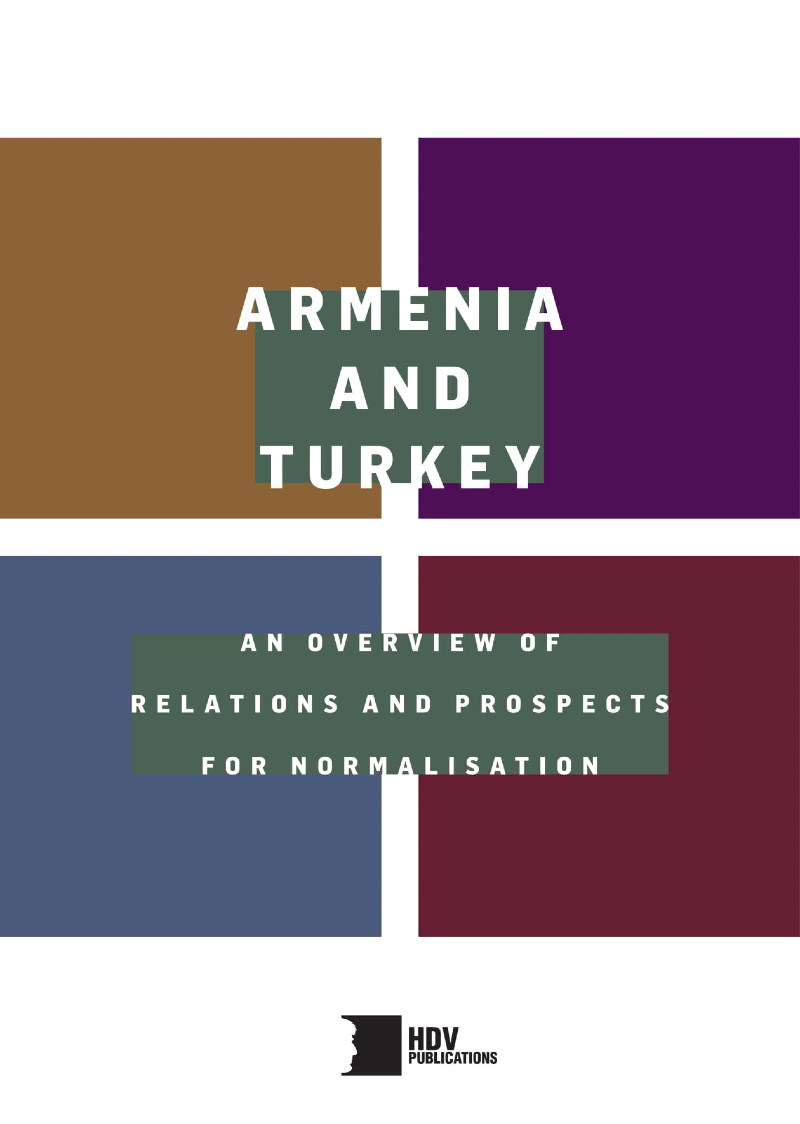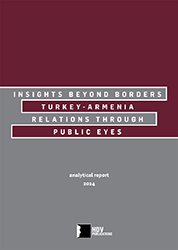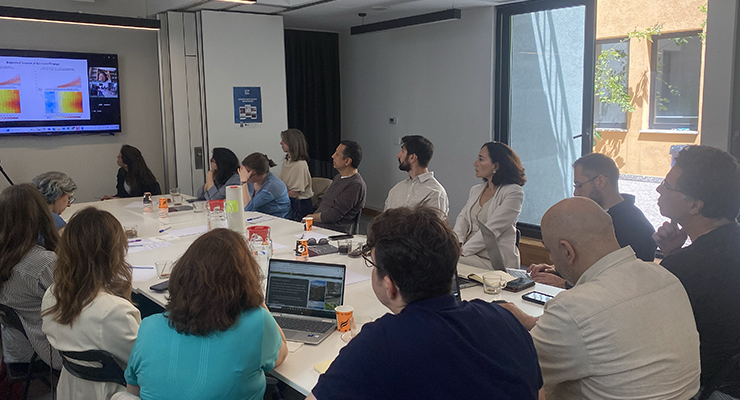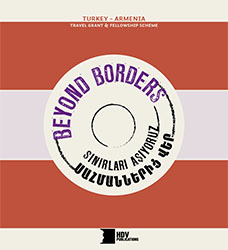
Language
English
Rapporteurs
Artak Ayunts & Talha Köse
Contributor from Hrant Dink Foundation
Burcu Becermen
1st edition - March 2019
63 Pages
Free
As of 2019, there is no diplomatic relations between Armenia and Turkey and the land border remains closed. In 2009, the Zurich Protocols were signed between the two neighbouring countries, which outlined the steps for normalisation without preconditions. Nonetheless, the protocols were not ratified by either of the parliaments, and after a long period of lack of progress, the protocols were declared null and void by Armenia in March 2018. Despite the failure of normalisation at the political level, there has been a vibrant civil society action promoting people-to-people contacts and confidence-building attempts between the two neighbouring countries.
Building on this civil society momentum, in 2016, the Hrant Dink Foundation convened the Armenia-Turkey Expert Dialogue Group. A joint initiative of experts from both countries with backgrounds in politics, diplomacy, academia and civil society, the Dialogue Group is committed to Turkey-Armenia relations at different levels and aims to develop confidence building measures (CBMs) towards normalisation of relations between two neighbours.
The Group members, supported by two local Rapporteurs and an External Facilitator, held meetings in Istanbul, Yerevan and Ankara and identified specific thematic fields and developed tangible CBMs in fields including migration, education, consular affairs, trade and business relations.
This paper has been written by two Rapporteurs from both countries Talha Köse and Artak Ayunts who are experts in the field of conflict resolution and by the contribution of Burcu Becermen from the Hrant Dink Foundation. The paper provides a brief overview of the current state and obstacles in these fields, analyses institutional frameworks and opportunities and proposes a set of recommendations in the field.
- Report name
- Armenia and Turkey an Overview of Relations and Prospects for Normalisation
- ISBN
- 9786058071209
- Price
- Free
- Pages
- 63
- Width
- 150 mm
- Height
- 210 mm
- Printing
- 1st edition - March 2019
- Language
- English
- Rapporteur
- Artak Ayunts & Talha Köse
- Contributor from HDF
- Burcu Becermen
- Design
- Sera Dink
- Graphics application
- Aren Arda Kaya
- Printed in
- Mas Matbaacılık
- Executive Summary
- Introduction
- Armenia and Turkey in the Absence of Diplomatic Relations: Domestic and Regional Factors at Play between 2016 and 2018
- Confidence-Building Measures Proposed by the Dialogue Group
- Consular Services
- Armenian-Citizen Migrants in Turkey
- Trade, Business and Transportation
- Education
- Health Services
- Culture
- Tourism
- Armenia-Turkey Official Relations Chronology since 1991



